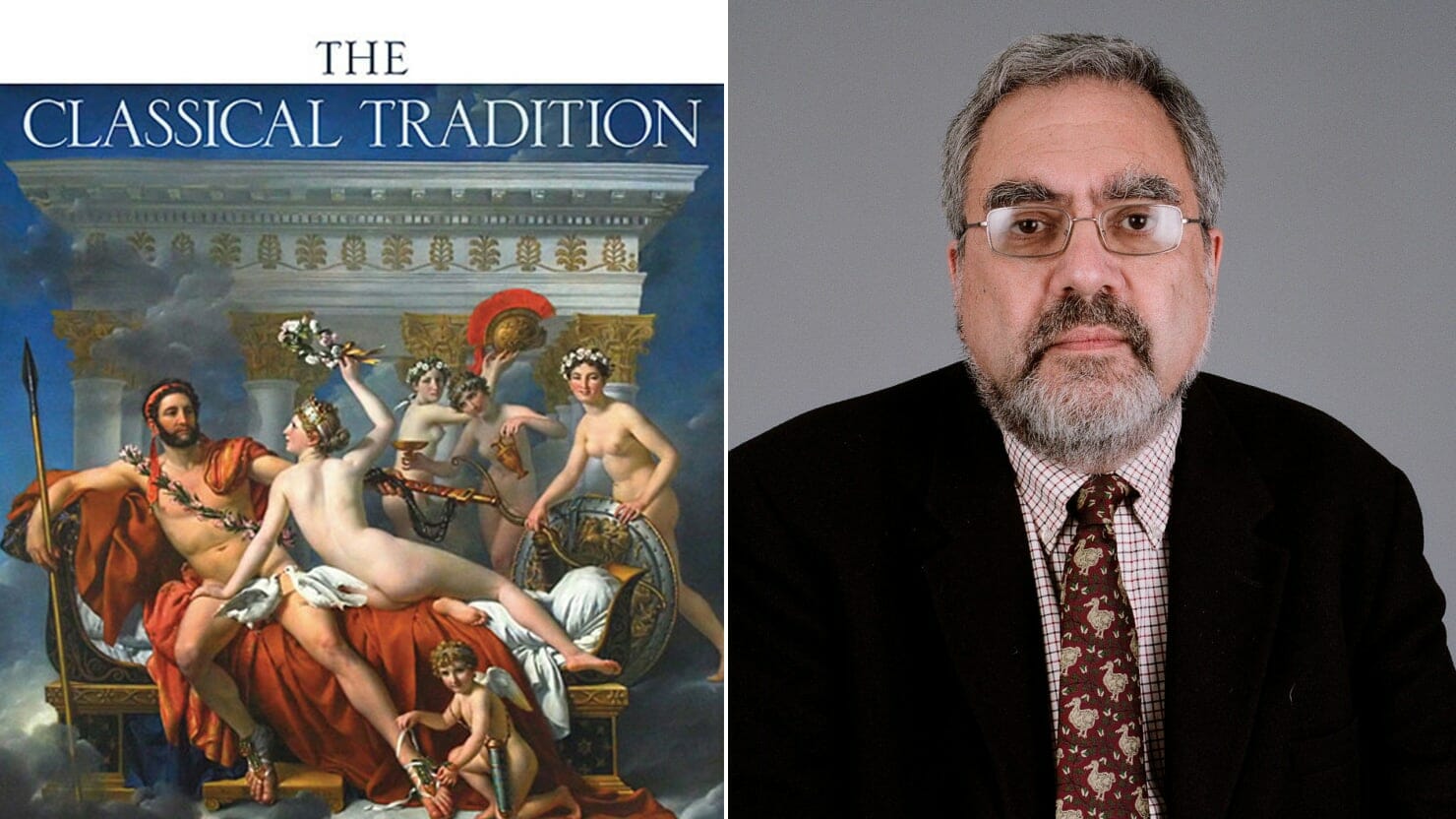Universitetsavisen
Nørregade 10
1165 København K
Tlf: 21 17 95 65 (man-fre kl. 9-15)
E-mail: uni-avis@adm.ku.dk
Forelæsning
Forelæsning — Public lecture with one of the foremost historians of early modern Europe and the current Henry Putnam University Professor at Princeton University Anthony Grafton.
Date & Time:
Place:
Diamanten, The Royal Library, Søren Kierkegaard Plads 1
Hosted by:
The Royal Danish Academy of Sciences and Letters (Videnskabernes Selskab)
Cost:
Free
The American history professor, Anthony Grafton, gives a Royal Academy Lecture the Humanities and Social Sciences.
After the lecture the audience is invited to a reception. The lecture and reception is free of charge but registration below is necessary.
About the lecture:
Philology and Divination: From Magic to Scholarship
This lecture is a study in the history of the humanities, a field that has developed over the last generation. In it I study one of the key techniques of humanistic scholarship, raising questions that have previously been applied to the history of the physical sciences. How did scholars actually practice their craft? And how did their practices align with their larger epistemic assumptions?
Since the eighteenth century, the ability to divine—to correct textual errors not by consulting new manuscript evidence but by brilliant conjectural emendation—has been seen as the greatest gift of the consummate philologist: one of the pillars on which the professional authority of classical scholars rests. Textual divination was practiced in earlier centuries as well.
But its reputation was problematic. Renaissance humanists described divination as at best a pragmatic way to try to repair a text when all the manuscripts were obviously corrupt or illegible and a solution had to be invented. They engaged in this practice unwillingly at best. At worst they condemned it. Some even connected it with the forms of divination practiced by witches and necromancers: efforts to predict the future by scrutinizing the behavior of molten lead in water or interpreting the bones of animals, which were forbidden.
In this lecture, I trace the way in which divination took on a positive meaning. To do so I will invite my hearers to come with me into the worlds where past scholars worked: studies, lecture halls, and printing houses. We will look with special care at the scholarly work of one of the greatest European humanists, Desiderius Erasmus, as he interpreted and edited texts. I will argue that his experience in the printing house—an experience he shared with many other scholars—transformed his understanding of the critic’s task, enabling him to see rational conjecture as a valid and necessary scholarly operation, and that others gradually came to accept his view and build on it. Epistemic assumptions shifted, eventually. But practices changed first, and it is only by watching them develop that we can tell this chapter in the larger story of the humanities.
About the speaker:
Frederik Stjernfelt, professor at Department of Communication at Aalborg University, writes about the speaker:
Anthony Grafton is full professor at Princeton University. He is an eminent intellectual historian specializing in early-modern European history of scholarship. Among many other books, he has published “Defenders of the Text: The Traditions of Scholarship in the Age of Science, 1450-1800” (1991) on the development of philology and the humanities, and “Worlds made by Words” (2009) about the emergence of the networks of scholarship known as “the republic of letters”.
Se færre
